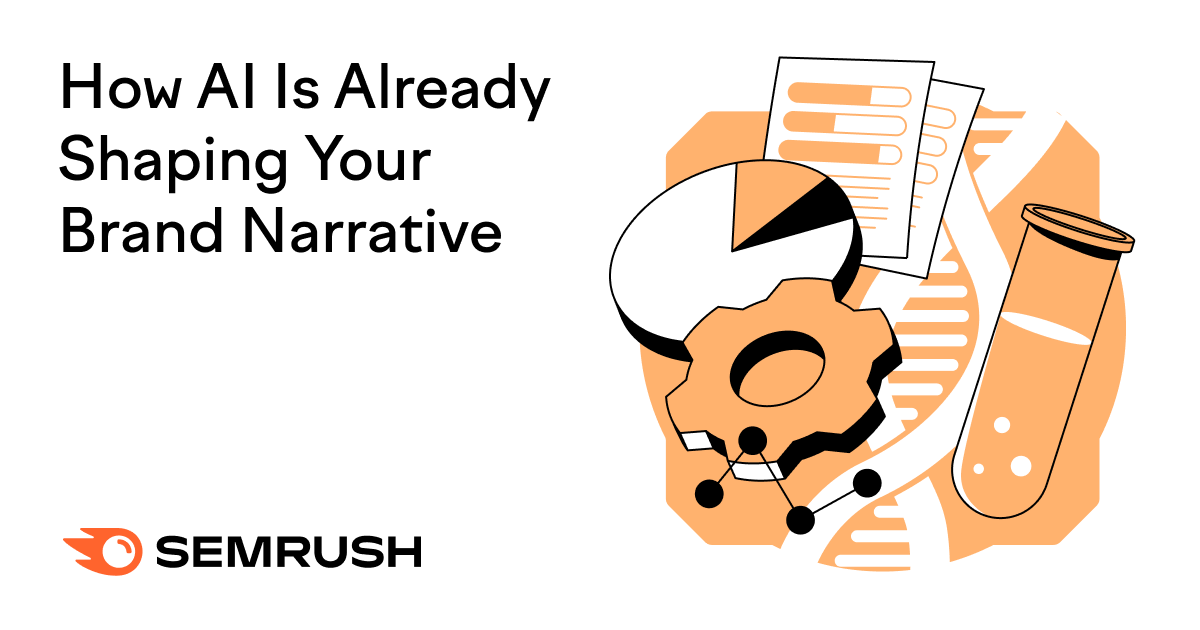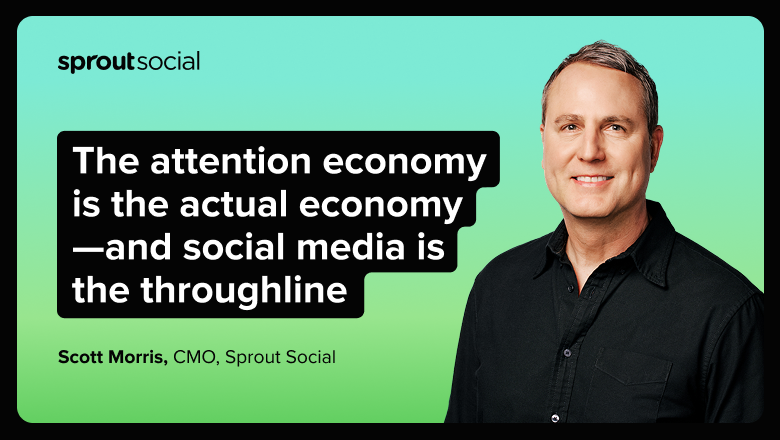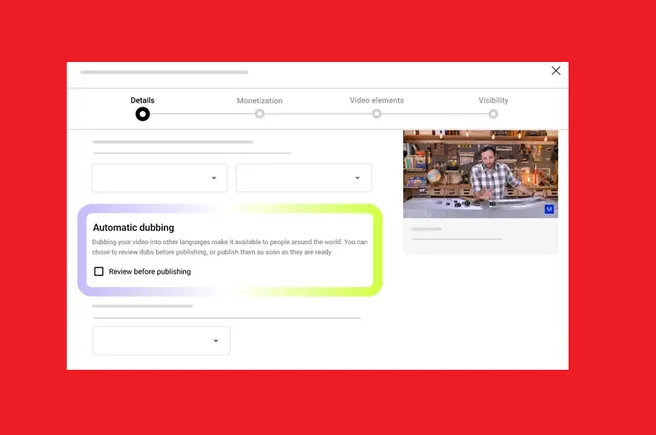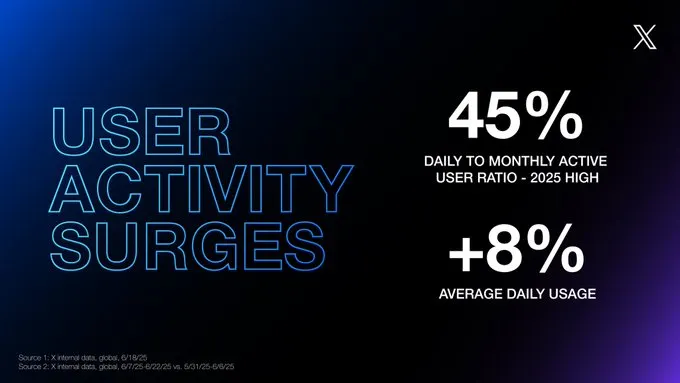EL DORADO DRIVE
Abbott’s latest opens with a sense of foreboding—a feeling synonymous with Abbott and one that only grows as the hardships of three suburban Detroit women come to light. The Bishop sisters—Debra, Pam, and Harper—are resilient, but they rely on one another after the collapse of the auto industry creates a trickle-down effect of loss in their family. First, their father loses his job and dies not long after. Pam marries rich and loses it all in a divorce. Debra, the eldest, loses her strong facade as the stress of medical debt from her husband’s cancer wears her down. And Harper feels her sense of control unraveling as a secret debt bears down on her and threatens to dismantle her relationships. When Pam’s son leaves for college—“Somehow, Pam had gotten him out”—she feels proud but unmoored. How will she pay for tuition? Harper is very aware of Pam’s struggles, so when she returns from a short-term job in another town and finds her sister beaming from the front seat of a new car, things don’t add up. Pam tells Harper about the Wheel, a group of women helping women. Harper at first sees the Wheel as the pyramid scheme it is, but when she shares her concerns with Debra, she finds Debra is also drinking the wine-spiked Kool-Aid. Unwilling to tell her sisters the grim nature of her debts—“Secrets came naturally to her. She’d kept them all her life”—Harper soon finds herself deep in the Wheel, recruiting other desperate women with the allure of sisterhood and fortune. “Money isn’t about money. It’s about security, freedom, independence, a promise of wholeness.” Before long, the champagne bubbles start to pop, and Pam, the most popular woman of the Wheel, starts to feel the pressure, and with it, some very warranted paranoia. Harper outlines her sister’s downfall in a detached tone that reads as coming from a place of authentic trauma—she remembers the small details, her observations methodical—but it causes the mounting pressure to fizzle out with an impression of inevitability.


Abbott’s latest opens with a sense of foreboding—a feeling synonymous with Abbott and one that only grows as the hardships of three suburban Detroit women come to light. The Bishop sisters—Debra, Pam, and Harper—are resilient, but they rely on one another after the collapse of the auto industry creates a trickle-down effect of loss in their family. First, their father loses his job and dies not long after. Pam marries rich and loses it all in a divorce. Debra, the eldest, loses her strong facade as the stress of medical debt from her husband’s cancer wears her down. And Harper feels her sense of control unraveling as a secret debt bears down on her and threatens to dismantle her relationships. When Pam’s son leaves for college—“Somehow, Pam had gotten him out”—she feels proud but unmoored. How will she pay for tuition? Harper is very aware of Pam’s struggles, so when she returns from a short-term job in another town and finds her sister beaming from the front seat of a new car, things don’t add up. Pam tells Harper about the Wheel, a group of women helping women. Harper at first sees the Wheel as the pyramid scheme it is, but when she shares her concerns with Debra, she finds Debra is also drinking the wine-spiked Kool-Aid. Unwilling to tell her sisters the grim nature of her debts—“Secrets came naturally to her. She’d kept them all her life”—Harper soon finds herself deep in the Wheel, recruiting other desperate women with the allure of sisterhood and fortune. “Money isn’t about money. It’s about security, freedom, independence, a promise of wholeness.” Before long, the champagne bubbles start to pop, and Pam, the most popular woman of the Wheel, starts to feel the pressure, and with it, some very warranted paranoia. Harper outlines her sister’s downfall in a detached tone that reads as coming from a place of authentic trauma—she remembers the small details, her observations methodical—but it causes the mounting pressure to fizzle out with an impression of inevitability.














_1.jpg)




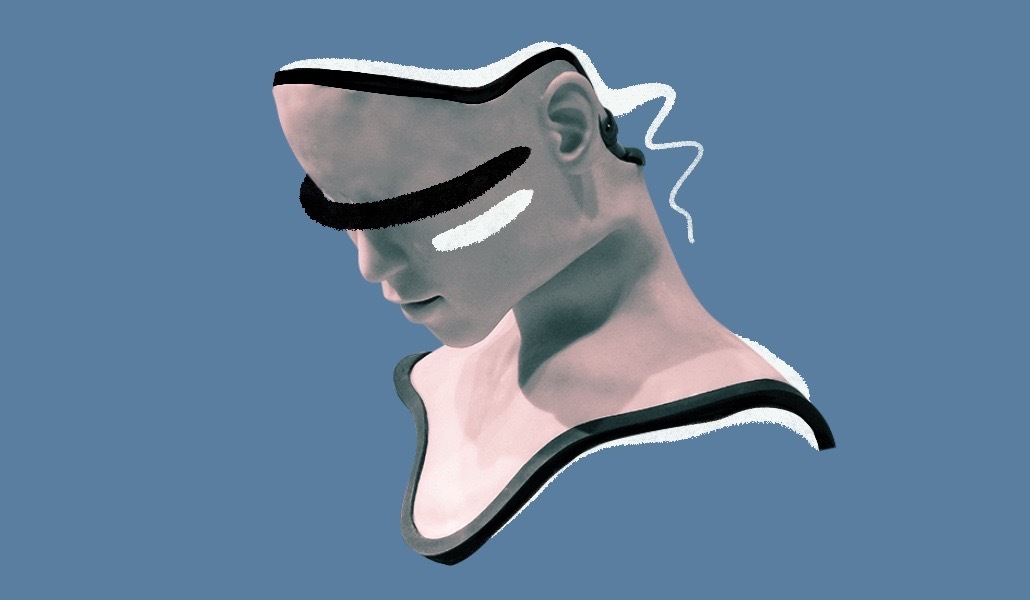



![How To Drive More Conversions With Fewer Clicks [MozCon 2025 Speaker Series]](https://moz.com/images/blog/banners/Mozcon2025_SpeakerBlogHeader_1180x400_RebeccaJackson_London.png?auto=compress,format&fit=crop&dm=1750097440&s=282171eb79ac511caa72821d69580a6e#)

![Brand and SEO Sitting on a Tree: K-I-S-S-I-N-G [Mozcon 2025 Speaker Series]](https://moz.com/images/blog/banners/Mozcon2025_SpeakerBlogHeader_1180x400_LidiaInfante_London.png?auto=compress,format&fit=crop&dm=1749465874&s=56275e60eb1f4363767c42d318c4ef4a#)









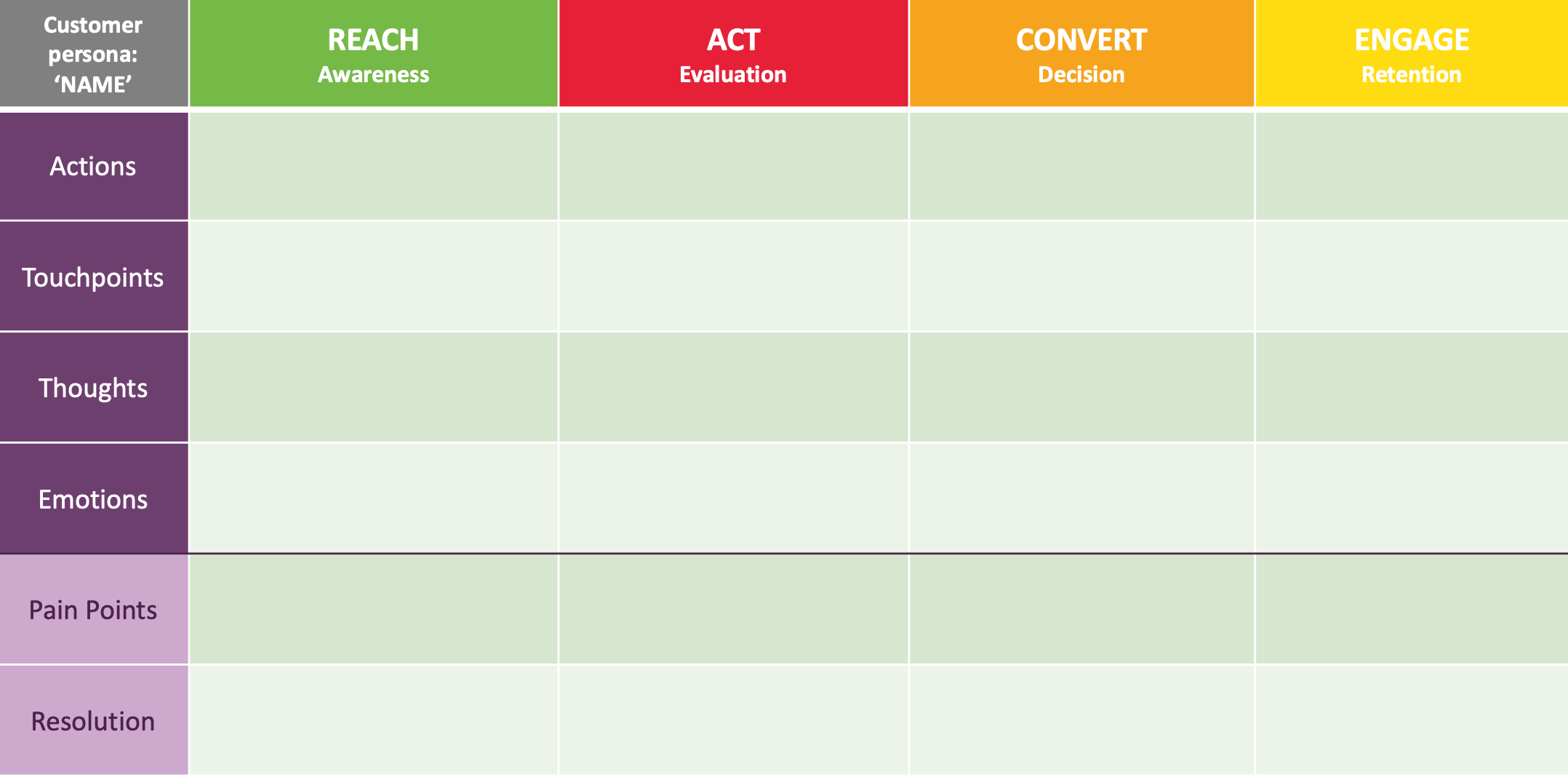















![The 11 Best Landing Page Builder Software Tools [2025]](https://www.growthmarketingpro.com/wp-content/uploads/2024/04/best-landing-page-software-hero-image-1024x618.png?#)





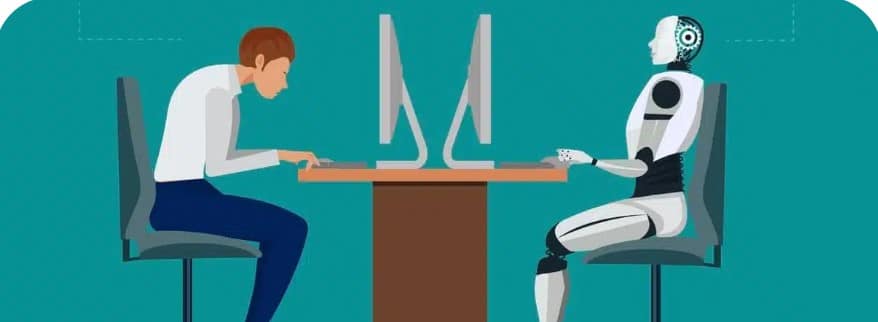






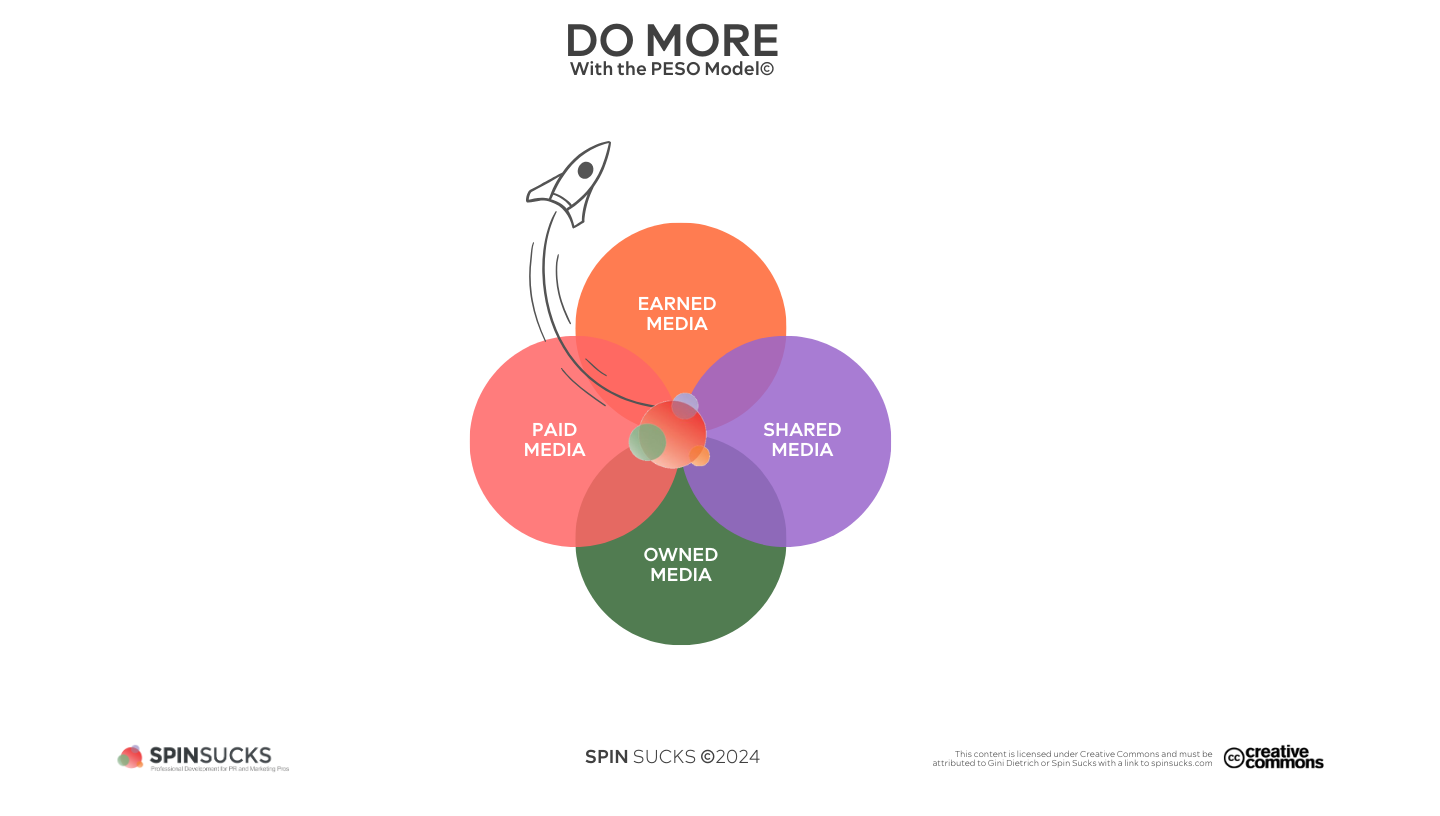




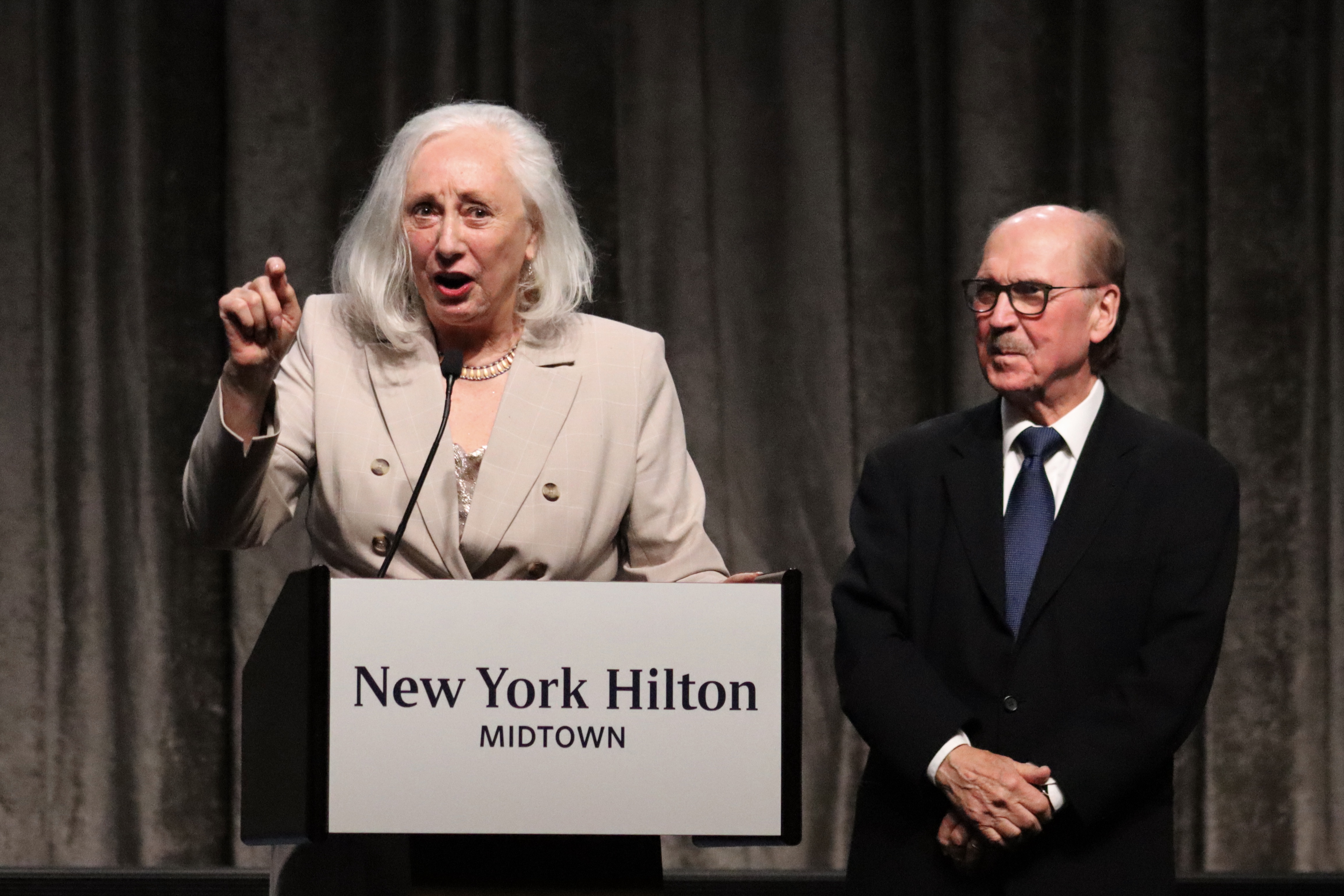
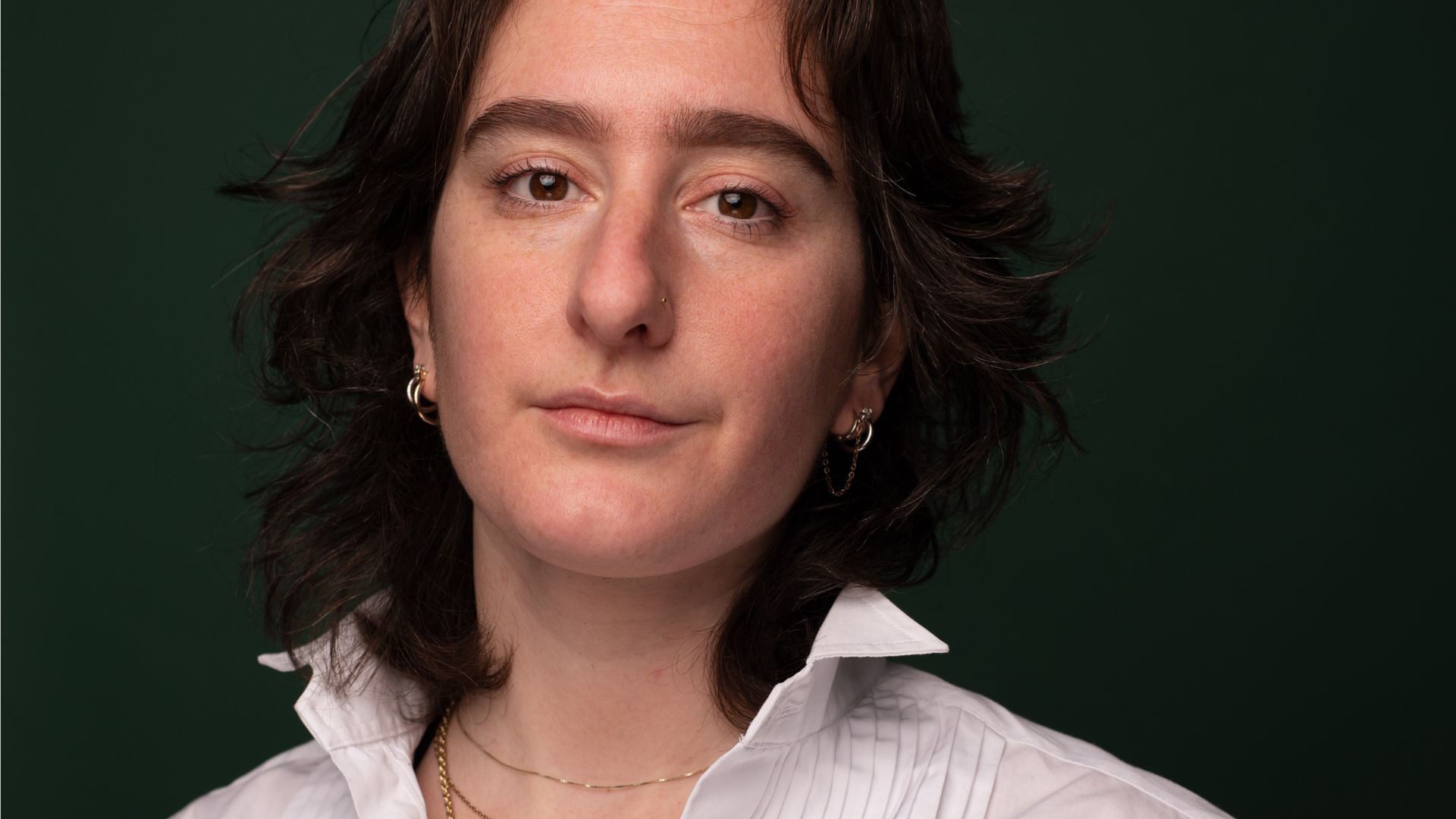






















![How to Create an SEO Forecast [Free Template Included] — Whiteboard Friday](https://moz.com/images/blog/banners/WBF-SEOForecasting-Blog_Header.png?auto=compress,format&fit=crop&dm=1694010279&s=318ed1d453ed4f230e8e4b50ecee5417#)

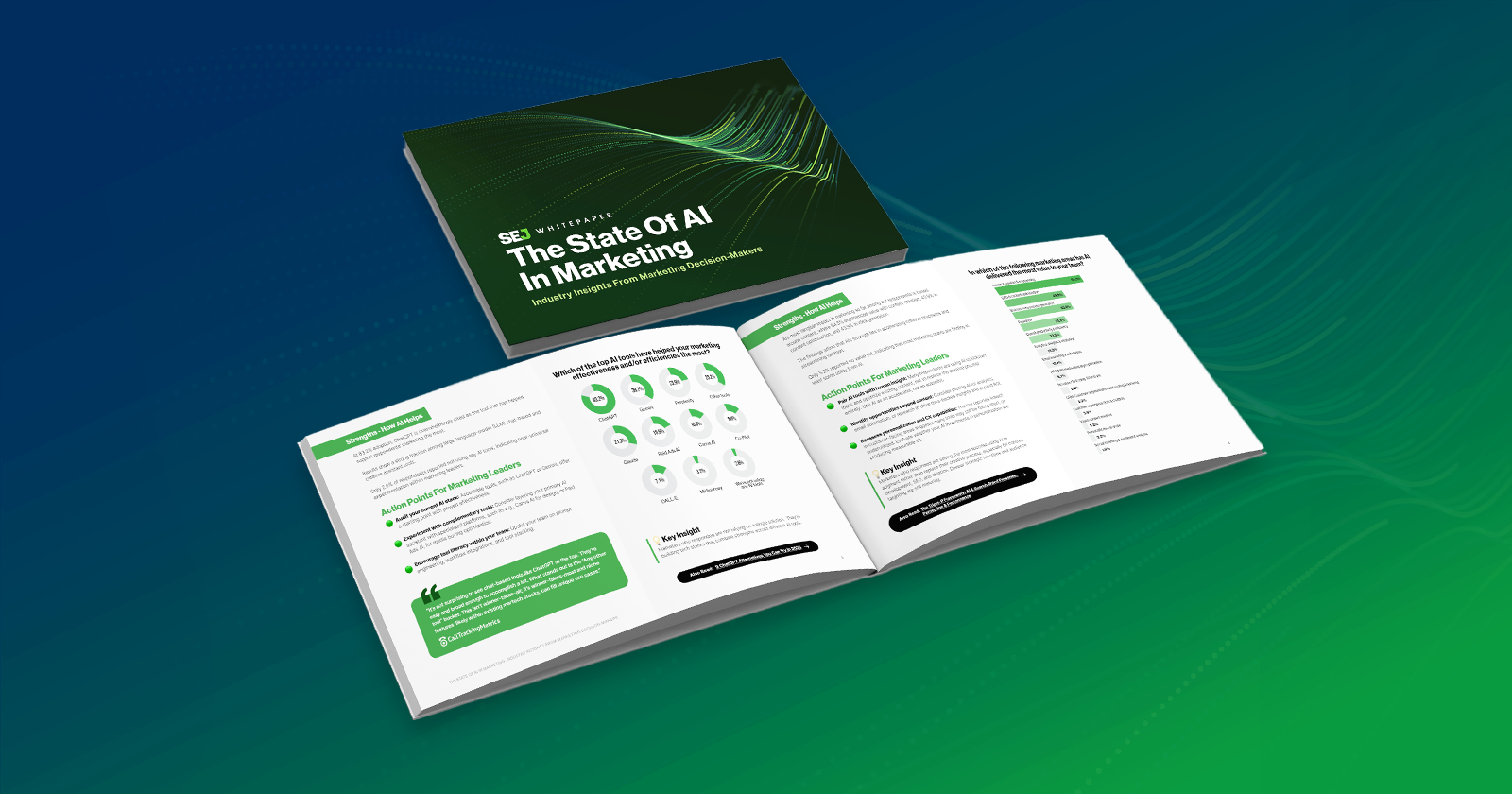


![What Is a Markup Language? [+ 7 Examples]](https://static.semrush.com/blog/uploads/media/82/c8/82c85ebca40c95d539cf4b766c9b98f8/markup-language-sm.png)
